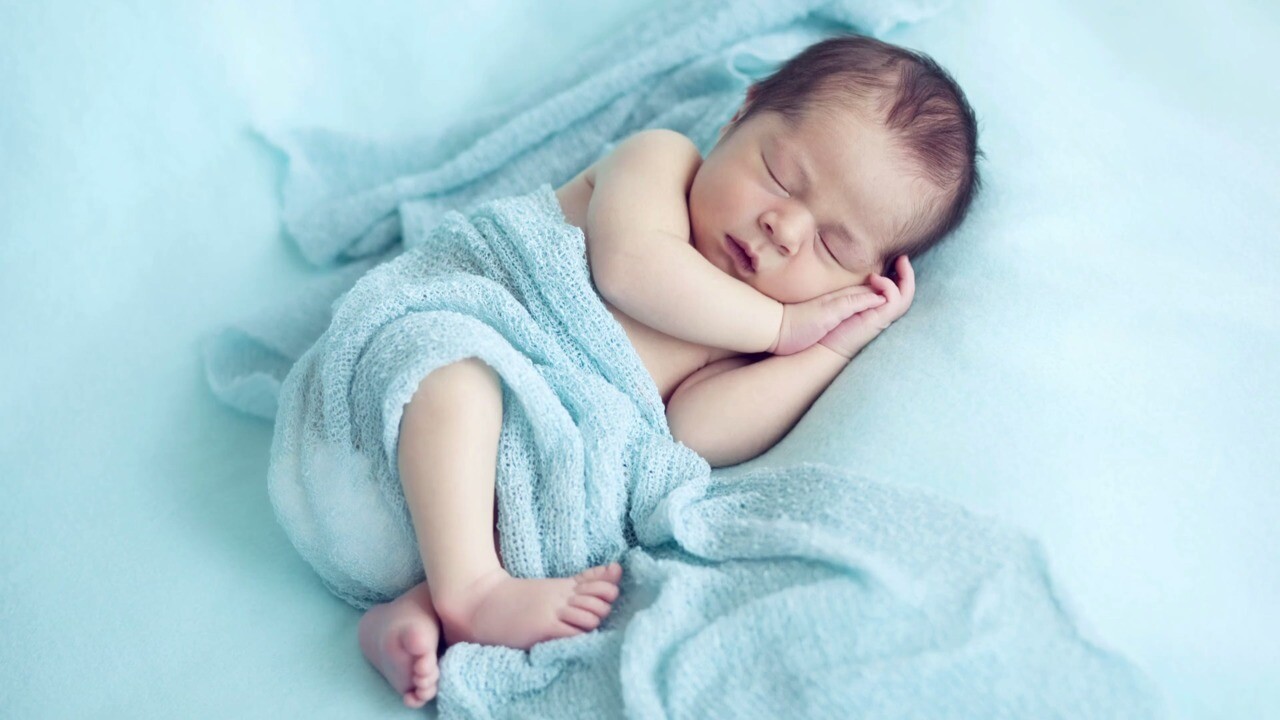
Circumcision Sydney is a commonly performed medical, religious or aesthetic procedure. Generally safe and without complications in most cases.
Although it can be uncomfortable, pain medications and anesthetics can help ease the discomfort. Swaddling a baby and providing him with a pacifier dipped in sucrose (sucrose water) also has been known to reduce pain.
How long will it take to heal?
Most circumcisions heal fully within 7 to 10 days, barring any complications. However, some people may require longer healing times due to an increased risk of bleeding or infection.
Circumcision Melbourne is a simple procedure that involves the removal of the foreskin from the head of the penis. It is usually performed on newborns or young infants, but can also be performed on adults.
When your baby has had their circumcision, it is essential to keep the area as clean as possible. Gently sponge away any dirt with warm water – do not use diaper wipes!
If there is a dressing on the incision, apply another one (with petroleum jelly) each time you change your baby’s diaper for the first couple of days. This will help protect the circumcised penis from rubbing against and sticking to the diaper.
You may notice a thin yellow film around the head of your baby’s penis, which is normal and should go away within a few days. Foul-smelling, cloudy drainage from its tip could indicate an infection.
Will it bleed?
Circumcision is a surgical procedure that removes most of the male foreskin to prevent HIV and HPV infections from spreading.
Most circumcisions heal without complications. However, minor issues do occasionally arise and should be addressed promptly if they do.
Most bleeding can be controlled with direct pressure applied to the incision for several minutes. Furthermore, Gelfoam (an absorbable gelatin sponge) can accelerate clot formation and keep the cut edge from oozing.
Within the first 24 hours after circumcision, your son may experience some white or yellow secretion that is not bloody. This is perfectly normal and will dissipate as the circumcision heals.
At least once daily, clean the incision area with plain water. Additionally, your dog may require to drink more fluids than usual.
Will the ring fall off?
Your doctor will use either a clamp or plastic ring to trim away excess skin around your baby’s penis head. They’ll then cover it with an ointment such as petroleum jelly and wrap it in gauze for protection.
Once the ointment dries up, you should notice a scab on your baby’s penis. Generally, this should come off in 7 to 10 days.
If your doctor used a Plastibell circumcision technique, your child will have a plastic ring around the head of his penis. This ring should fall off within 7 to 10 days.
Your child’s doctor will provide instructions on how to care for your son after circumcision. Be sure to wash his penis with warm water each time you change his diaper.
Apply Vaseline or Neosporin directly onto the tip of his penis for protection, as this area can be prone to stinging. If there are any complications afterward – such as an infection or red penis that doesn’t look circumcised – ask the doctor about having another procedure done.
Will the penis be swollen?
Circumcision can sometimes cause minor swelling at the tip of the penis. This is normal and should resolve within 7 to 10 days.
A yellowish coating or ‘yellowish slime’ may form on the area; this is similar to normal ‘pus’ and will dissipate on its own.
Your baby’s doctor may apply petroleum jelly or A & D ointment on the penis head to lubricate it and prevent it from sticking to the diaper. This should be changed with each diaper change.
As your penis heals, it may bleed slightly. This should not cause any pain or discomfort and should not lead to any infection or other issues.
Your baby may urinate more frequently than usual during the initial days due to swelling and pain. He should usually experience less urinating when drinking more water, but it’s perfectly acceptable to call your doctor if the amount he urinates doesn’t improve over time.